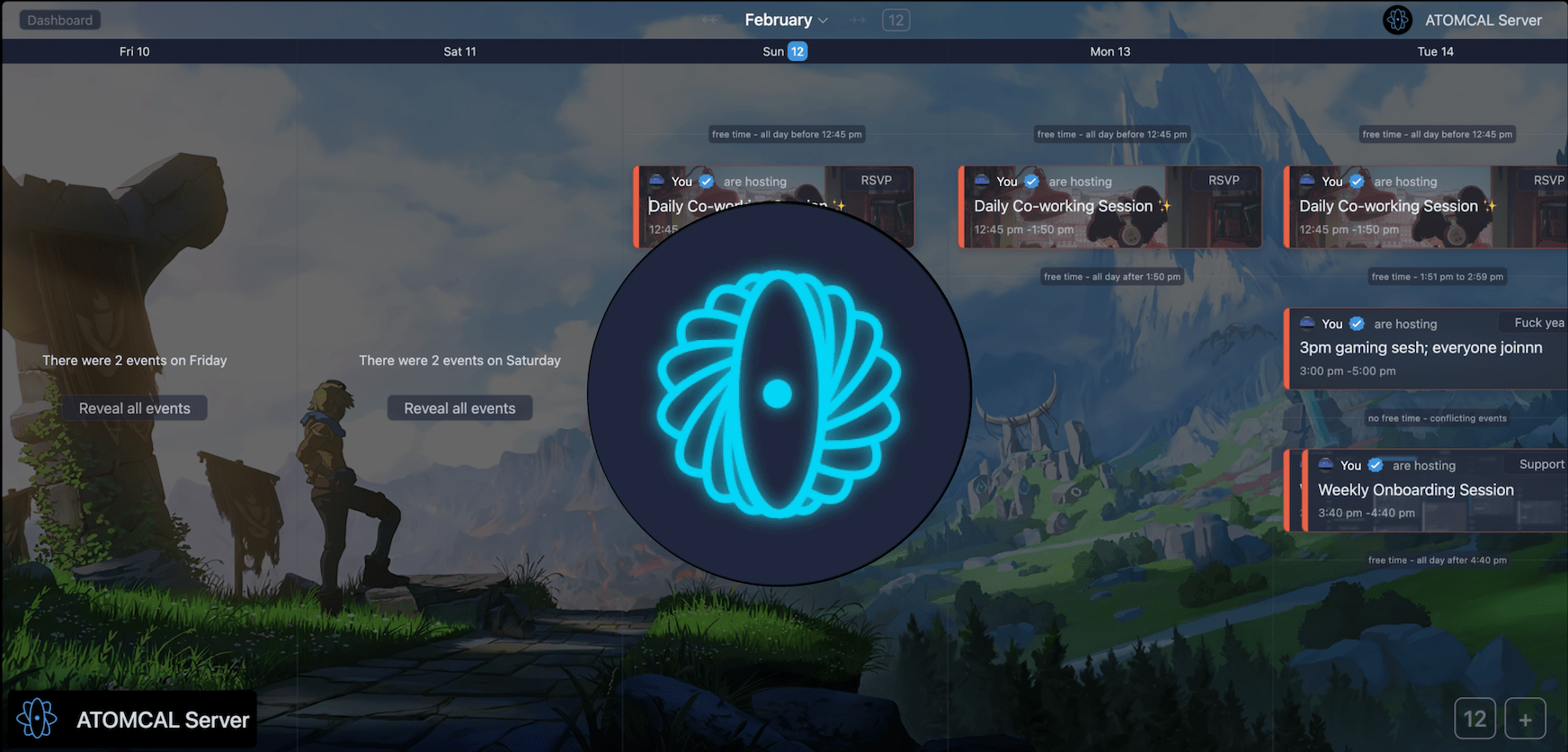DnD for Beginners: A Step-by-Step Guide to Starting Your First Adventure
Dungeons & Dragons Miniatures, Tabletop Miniatures, Miniature Painting Techniques, D&D Visual Aids, RPG Miniatures, Custom Miniature Painting, Miniature Terrain, D&D Character Customization, Immersive Role-Playing, Hobby Miniature Painting, Miniature Painting Tips, D&D Gaming Accessories
— Kaaadx
If you've ever been curious about the world of Dungeons and Dragons (DnD) but felt overwhelmed by the complexity, fear not! This beginner's guide will walk you through the basics, helping you embark on your first epic adventure in the realm of tabletop role-playing.

Understanding the Basics
Dungeons and Dragons is a collaborative storytelling game that combines imagination, strategy, and social interaction. In a typical DnD game, a group of players takes on the roles of adventurers, while one player assumes the role of the Dungeon Master (DM), guiding the story and controlling non-player characters (NPCs).
Here's what you need to know to get started:
1. Character Creation
Your DnD adventure begins with creating a character. Think of it as crafting your hero for the story. You'll choose a race (like elf or dwarf), a class (such as wizard or rogue), and assign attributes (like strength, dexterity, and charisma). The Player's Handbook is your go-to resource for this step, offering guidance on character creation.
2. The Dice
DnD uses various polyhedral dice, but the iconic 20-sided die (d20) is the most important. Other commonly used dice include the four-sided (d4), six-sided (d6), eight-sided (d8), ten-sided (d10), and twelve-sided (d12). You'll also use percentile dice (two ten-sided dice, one representing tens and the other representing ones) to determine outcomes.
3. The Rulebooks
The core rulebooks for DnD are the Player's Handbook, the Dungeon Master's Guide, and the Monster Manual. While you don't need to read them cover to cover, it's a good idea to familiarize yourself with the basic rules and concepts.
Finding a Group
DnD is a social game, typically played with a group of friends or fellow adventurers. Here's how to assemble your party:
1. Friends and Family
Ask around your social circle to see if anyone is interested in playing. It's a fantastic way to bond with others over storytelling and strategy.
2. Local Game Stores
Many local game stores host DnD sessions and welcome newcomers. Check with stores in your area to find groups or ask if they can help you connect with other players.
3. Online Communities
The internet is a treasure trove of DnD communities. Websites like Reddit, Facebook, Twitter (X) and Discord have numerous groups dedicated to helping beginners find games and experienced players willing to teach newcomers.

Your First Adventure
Once you have your character and a group to play with, it's time to start your adventure. Here are some essential tips for your first session:
1. Embrace Creativity
DnD is all about creativity and imagination. Don't be afraid to get into character, make decisions, and describe your actions in detail. The more you immerse yourself, the more enjoyable the experience will be.
2. Listen to Your DM
The Dungeon Master is your guide in the game world. Listen to their descriptions, follow their cues, and respect their decisions. It's their job to create a fun and challenging adventure for you.
3. Learn as You Go
You don't need to know all the rules from the start. Learning as you play is part of the fun. Your group will help you understand the game mechanics, and you'll become more confident with each session.
4. Have Fun
Above all else, remember that DnD is about having fun with friends. Whether you're facing dragons, solving mysteries, or saving kingdoms, cherish the moments and the stories you create together.
